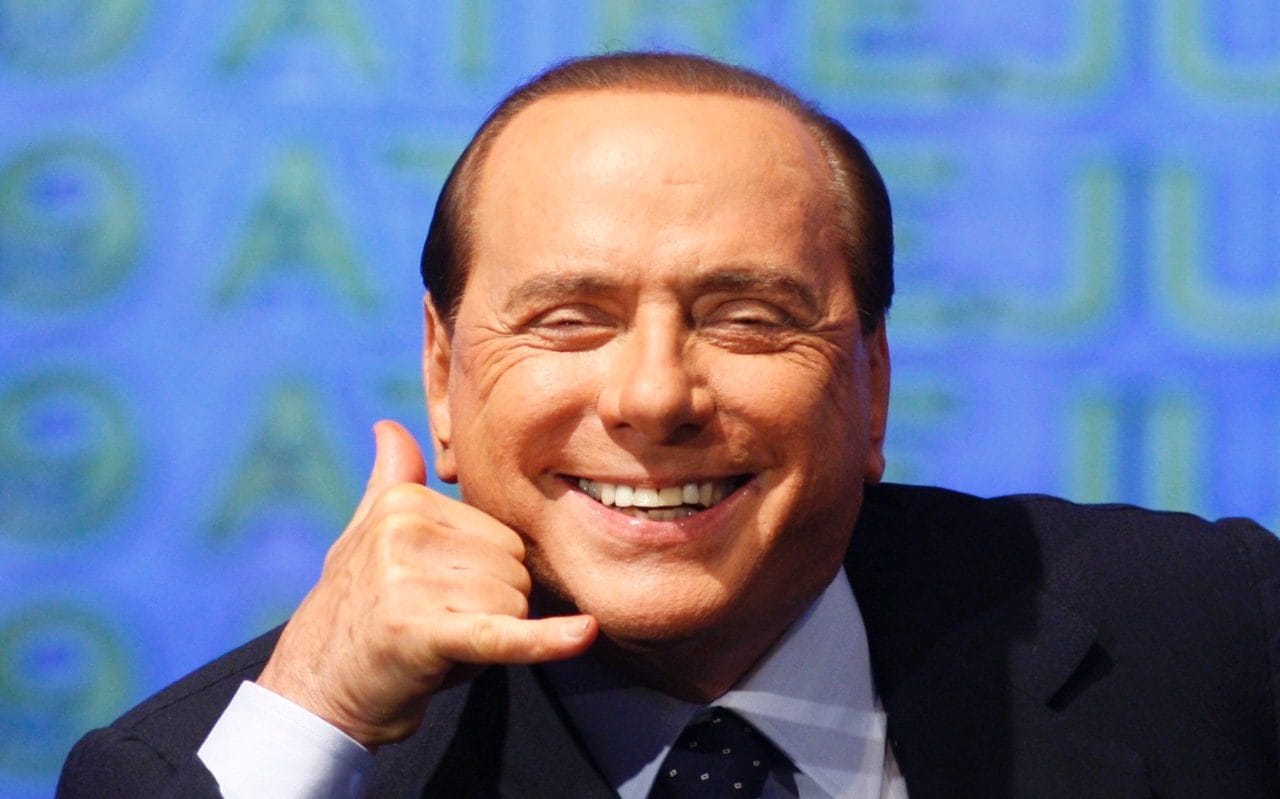Former Italian Prime Minister Silvio Berlusconi announced that he is running for a seat in the European Parliament come May. At the ripe age of 82, Berlusconi’s bid for a stint in the European Union’s legislative body is seen by many as a way of regaining his central power in Italy – which, if he is able to achieve, would be his fourth term served as Prime Minister. Though, amidst all this conjecture, how does he continue to be a prominent force in Italian politics, particularly given his seemingly endless list of previous scandals?
Prior to entering the political sphere, Berlusconi made his fortune by becoming a media mogul. In 1974, he launched the television channel Telemilano and through this he was able to introduce Italy to many foreign TV shows in spite of heavy regulation by the government- and to the extremely controversial Veline; showgirls who were paid to dance and strip during game shows and even news programmes! Berlusconi continued to grow his media empire, gaining control of several private television networks, magazines and a publishing house.
He used his influence to set up his own centre-right political party Forza Italia in 1993, becoming Prime Minister within a year. Even after the fall of his coalition government which made him a leader, Berlusconi was a well-respected political figure as many believed his business acumen would aid Italy’s fragile economy. Hence, the stage was set for him to return to the office from 2001 to 2006, promising tax cuts and greater job prospects. In 2008, he somehow managed to charm his way into power for a third time, before resigning in 2011 after witnessing Italy’s debts boom during the Eurozone crisis.
His resignation in 2011 was undignified. Berlusconi was under trial for accusations of criminal behaviour during his time as PM, which ultimately led to charges of embezzlement, tax fraud and bribery. As if those weren’t bad enough, in 2010 he was sentenced to seven years for paying an underage woman for sex during one of his horrendous ‘bunga bunga’ parties, during which women were paid to dance and disrobe for Berlusconi and his friends’ entertainment. Somewhat remarkably, slimy Silvio never ended up spending a day in prison for his crimes, choosing instead to carry out his sentences doing community service; another example of how being disgustingly wealthy means you can get away with being a dreadful person.
So, to finally answer the original question after that lengthy biography, how is Berlusconi still influential in Italian politics? Well, for one thing, the European Parliament’s President (Antonio Tajani) is a member of Berlusconi’s Forza Italia, which will hardly do his campaign any harm.
Also, controlling most of the Italian mass media means he is to filter any content spread about him. Most Italian papers are inclined to not be overly critical of the politicians in power, given that much of their funding comes from the government. This means Berlusconi’s scandals get significantly less press in Italy than they would abroad.
Whilst to many, it is clear that Berlusconi is a horrendous, morally corrupt shell of a human, the worrying reality is that he does stand a chance of winning this seat. All we can do now is hope he shoots himself in the foot with another monumental scandal, but given his track record, he’d probably weasel his way out.

